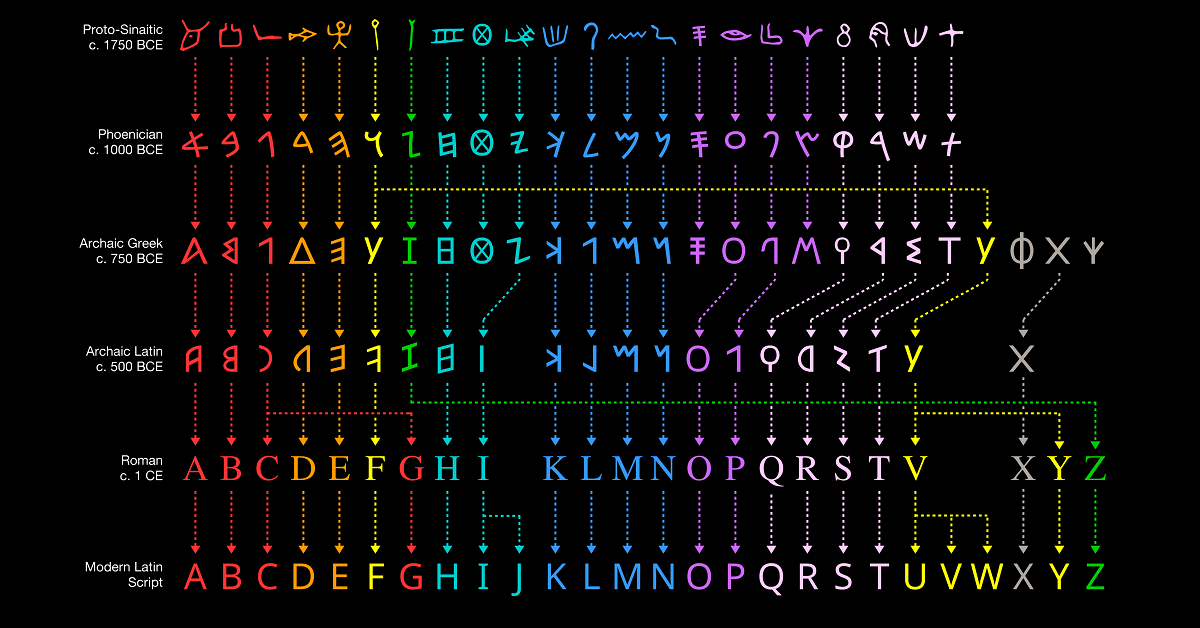francescool
Active member
This image is amazing....I always knew that languages came from each other but I never had it visualized. Kudos to the amazing designer who made this image! As we all know, the Greek language provided the basis for many alphabets and languages around the world. Nonetheless, Greece is unlike any language that exists today and it not based on any other languages like Romance Languages for example (Spanish, Italian, etc.). If anyone has other language resources, please feel free to share with me 

 www.visualcapitalist.com
www.visualcapitalist.com

From Greek to Latin: Visualizing the Evolution of the Alphabet
The Greek alphabet is just one part of the modern alphabet’s long evolution.
 www.visualcapitalist.com
www.visualcapitalist.com


